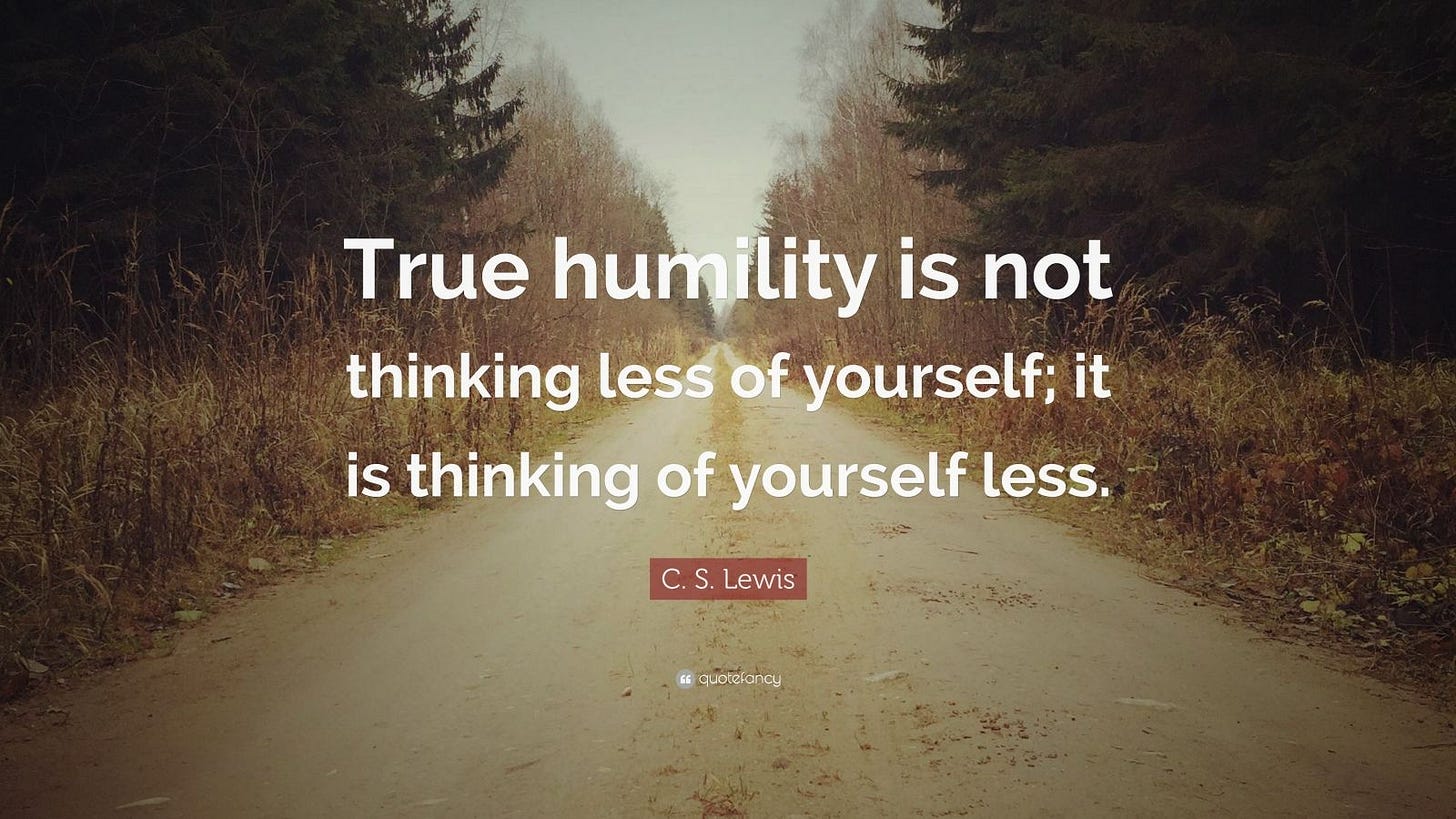Starting a new job allows a person ample opportunities to reflect. As you navigate the newness of your world, you begin to think of the differences and similarities in your works. The opportunity exists to reflect on new pathways you might want to take going forward, pivoting from where you had been headed. And, depending on the moment in your career, you can reflect on where you started and where you are now.
Admittedly, I am only 8 years into my professional career which started right before a Trump presidency and now, as I am beginning a new job, another Trump presidency is set to begin. I thought it was a good time to reflect on that shift. At a recent program retreat, I was discussing what it felt like to begin during that incendiary time. I remember feeling like there were so many moments of upheaval that required teachings, sermons, and fiery rhetoric, and I was struck by what I perceived as a lack of passion from those around me: my colleagues, my congregants, and my neighbors.
I had a certain pride in this new pulpit I had, taking advantage of the opportunity to tell people, here’s what really matters! Then I realized, here was what really mattered to me but maybe not to them, or maybe it did matter to them but they addressed it in other ways. Looking back, I was a little arrogant in those early days. That pride gave me a heightened sense of importance. It puffed me up with a sense of righteousness that maybe wasn’t so warranted.
Now, perhaps there is no more comforting feeling I have than being able to proudly say:
I’m not so sure about that.
To be honest, there is very little I am sure of, and it’s ok to admit that! I think it reflects real growth on my part and has allowed me to make connections with people I may not have connected with and it has allowed me to learn from texts I may have discarded in the past as being too “fill-in-the-blank.” When the arrogance crept in, I did myself a real disservice. I thought I was fighting for access and inclusion but in essence, I was closing myself off.
When we think of humility within the Jewish tradition, as we’ve discussed here before, Moses is seen as the paragon. There is a moment in his ever present tensions with the Israelites in the book of Numbers which the Meshech Chochma, Rabbi Meir Simcha of Dvinsk, uses to share a resonant teaching on different types of humility. As an aside, the Meshech Chochma was a fascinating character as he was an avowed anti-chasidic thinker yet he kept up a strong friendship with the very chasidic Rogatchover Gaon, the local Rebbe in Dvinsk #bridgebuilding, but I digress.
Here is what he says:
It is easy for a person to feign humility by acting humble in the presence of those who are clearly of a much lower standing than him. Since they are obviously not his equals, he does not risk any of his gestures of honor toward them being interpreted as if he actually considers them to be greater than himself, Heaven forbid. As such, this form of humility is “safe”. The true test of humility is with one’s peers, since there is the danger that the honor he accords them is actually because he considers them to be greater than himself. Someone with false humility will therefore never apply it to his equals. Only a truly humble person will accord honor to those who be viewed as real competition for his status.
These two kinds of humility, one real and one safe, manifest in different settings. In the first one, safe humility shows when you’re around people with lesser status and power than you are. Your feigned humility doesn’t really hold water because there’s no “risk” in showing it. But when you’re with peers, humility requires bravery. By showing it, you signal that you recognize that they might have greater access or wisdom than you do.
This resonated deeply with me because it spoke to how I thought about myself. It was hard for me to admit then that perhaps others’ answers, opinions, or even whole ideologies might be better suited for a moment. Reading this text helped ground me in my own growth. I certainly strive to know what to say, how to say it, and when to say it. I desire to have an ability to speak to a particular moment with wisdom. Yet, I am also happy to make space for someone else to share their light.
As I continue in my journey in my new work, it’s a lesson I am going to keep trying to live by. Especially when I am with peers and colleagues, I want to find the courage to remember that “I don’t know” will go a lot further than “I absolutely know.” Moving beyond safe humility that only serves me to real humility that helps me learn and lifts others up is the direction to which I want to keep striving.
Shabbat Shalom and Happy Weekend!




My friend Russell talks a lot about the limits of knowledge. The smartest people, I think, increasingly realize their own limits as they age.
Once again, enlightening and interesting to learn more about you! Getting older, plus experiences, has a way of changing us, and allows us to evolve into the person we strive to be. And smart of us to recognize that we do not have all the answers in life, and a, I don’t know is, many times, the perfect answer. I have also learned, people hide behind a mask, and those that pretend to know it all, actually, are those who feel less about themselves! Shabbat Shalom, and hugs and love! ✡️❤️Zeta